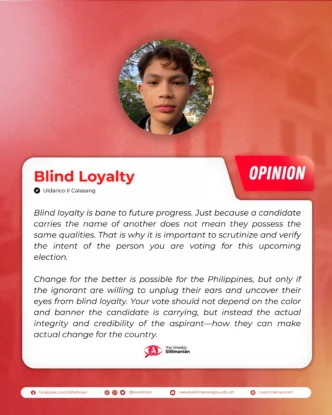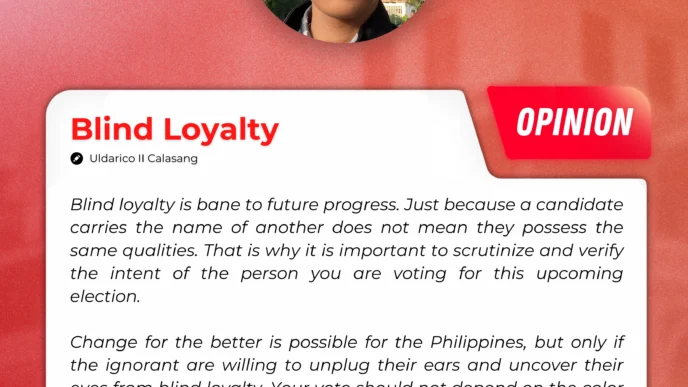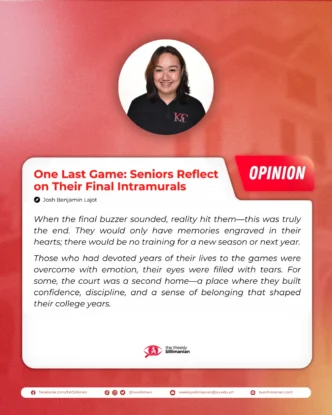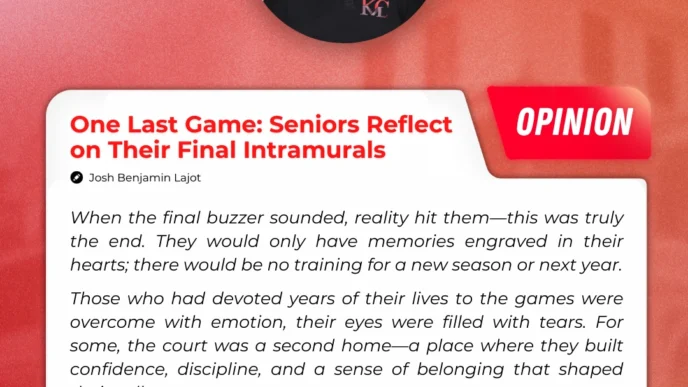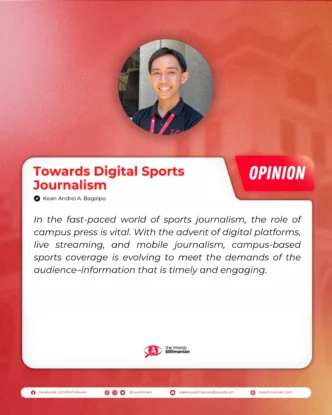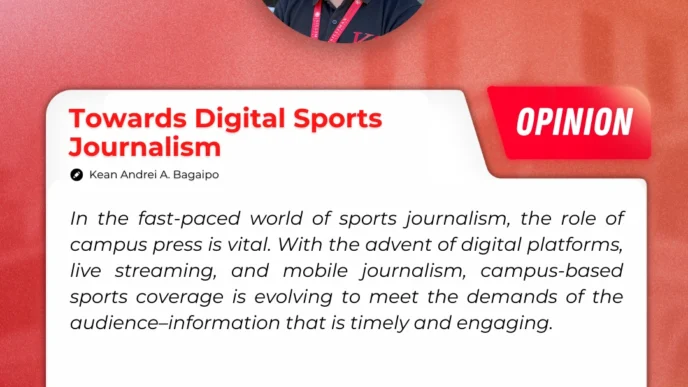By Cynthia Shank
Coming to the Philippines, there have been so many instances wherein people spoke to me in English. I can’t tell you the countless times they’ve assumed that I wouldn’t understand anything in Bisaya.
But the moment I respond to them in the language fluently, their jaws open and their eyes get wider as if I’ve told them that they just won a lump sum of cash. “Kabalo diay ka mag bisaya?!” (You know how to speak Bisaya?!) they exclaim with disbelief in their voices. The same thing happens when they see me eat bulad (dried fish) or ginamos (fermented fish). “Mo ka-on diay ka ana?” (You eat that?) as if I only consume steak, burgers, and fries.They just can’t believe it.
Truth be told though, it’s hilarious, really. Even at school, some teachers will start their classes with “Can you all understand Bisaya?” And, I know they do mean well, but why do they always glance at me when they ask that? I usually just smile, nod, and wait for the realization to sink in.
Growing up, especially in Siquijor, I knew I was different. My dark skin, thick, kinky, and bushy curls, and of course, my foreign last name. “Mao ni anak ni Alma?” (Is this Alma’s child?) “Ag negra diay ni na apo ni Maria?” (Isn’t this Maria’s black/negro grandchild?)
Their whispers were never really whispers, they were statements. Spoken as if I couldn’t hear a thing or didn’t understand a word they said. Their stares, the unnecessary touches of my hair, the giggles and gossip behind my back— all of it built a childhood where belonging felt like an elusive dream.
The other kids didn’t always want to play with me. “Negra,” “nokus” (squid/squid ink), “itom” (black), “lubot kaldero” (pot’s bottom) — all these words were meant to cut, and honestly, they did. I cried more times than I could count, wondering why my presence was so offensive to them.
I thought high school was going to be much better. It wasn’t. While I did make friends and acquaintances with teachers, staff, faculty, schoolmates, and classmates who accepted me, the world outside the school gates was unkind. Outsiders stared, laughed, and pointed at me. They would taunt me as I rode home on the back of my uncle’s motorcycle, their faces distorted in curiosity or in judgment.
I couldn’t understand it. Why was being a light-skinned foreigner honored, but being a dark-skinned one disapproved? Why was having pearl white skin the unattainable standard, the ambition, the ideal? I watched as whitening products immersed televisions, radio stations, and stores; as women longed for glass-like skin, as fair complexion was equalized to beauty and status. I saw the tranquil dismissal of anything darker than kayumanggi (brown/tan), the remains of a postcolonial past still transpire into the present.
Dumaguete is distinct. Somewhat better, more varied, and more open. Though, I still see the stares coming when I step outside campus. I still get looks and hear whispers when I walk downtown or go places in the city. But, my hometown, Siquijor, is still lingering for even the slightest change. And although progress is creeping in, I just wonder, how long will it be until people like me don’t have to prove they belong?
Still, I stand tall. I chuckle when people are shocked by my Bisaya. I grin when my friends greet and talk to me in the dialect and crack jokes like it’s the most normal thing in the world. I am not invisible here. There may be only a couple Black students in Silliman, and I think that I might be the only half-Filipino, half-Black one in college education here, but I refuse to be a footnote in someone else’s story.
Silliman University has given me hope and possibility. A world where I am understood,seen, and heard. Meeting people who envelope me for who I am and not for what I look like. Of course this university is not perfect, but it’s a place where I have learned so much — to reevaluate myself, to speak up, and to own my story.
So, here’s to the foreign, the biracials, and the in-betweens: I hear you. I see you. Let them keep staring. We matter. We exist. And we are not going anywhere.

